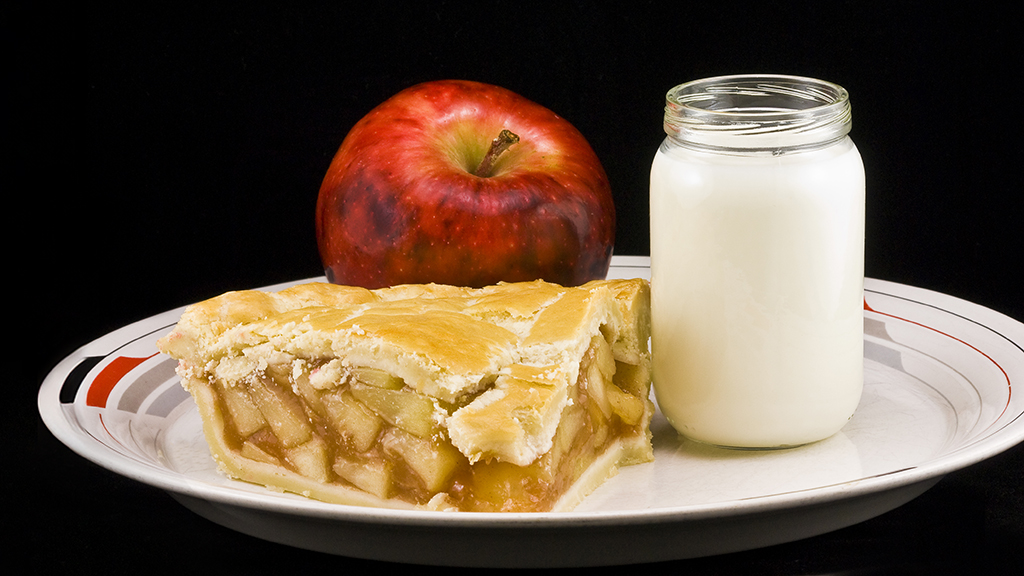Exploring Beneficial Species Interactions: A Phenomenon-Driven Approach to Understanding Legumes and Rhizobia Mutualism
Science Scope—November/December 2024 (Volume 47, Issue 6)
By Kerrie Rovito, Lara Smetana, Michael Grillo, Alyssa Hoffman, Sydney DelGhingaro
Scope on the Skies
Books in Space
Flipped Science Classrooms and the Cornell Note-Taking Method
Science Scope—November/December 2024 (Volume 47, Issue 6)
By Edward Miller, Angela Kelly
Exploring Local Environmental Issues to Engage Students in Real-World STEM Problem Solving and Discovery
Science Scope—November/December 2024 (Volume 47, Issue 6)
By Rebecca Grella
Citizen Science
Journey of the Monarchs: Studying North America’s Nomadic Butterfly
Science Scope—November/December 2024 (Volume 47, Issue 6)
By Jill Nugent
Considering Multiple Perspectives and Scientific Consensus: Information Literacy in the Science Classroom
Science Scope—November/December 2024 (Volume 47, Issue 6)
By Sara Montgomery, Angela Kohnen, Christine Wusylko
Safety Blog
Laboratory Instructional Space Safety Checklist
By Ken Roy
Posted on 2024-10-28

No Alcohol or Caffeine, Please!
GI Sores that Bleed
By Rema G. Suniga

This book will have you seeing snowflakes in a whole new way. You’ll learn about the science of snowflakes – how they form, why they are six-sided, what conditions are necessary for them to form. But the most important thing is that you can experience this natural phenomenon with a child in your life, learn together, and have the memory of sharing nature with someone special.
This book will have you seeing snowflakes in a whole new way. You’ll learn about the science of snowflakes – how they form, why they are six-sided, what conditions are necessary for them to form. But the most important thing is that you can experience this natural phenomenon with a child in your life, learn together, and have the memory of sharing nature with someone special.
This book will have you seeing snowflakes in a whole new way. You’ll learn about the science of snowflakes – how they form, why they are six-sided, what conditions are necessary for them to form. But the most important thing is that you can experience this natural phenomenon with a child in your life, learn together, and have the memory of sharing nature with someone special.
This book will have you seeing snowflakes in a whole new way. You’ll learn about the science of snowflakes – how they form, why they are six-sided, what conditions are necessary for them to form. But the most important thing is that you can experience this natural phenomenon with a child in your life, learn together, and have the memory of sharing nature with someone special.


